| Linda M. Woolf, Ph.D. | Professor of Psychology, Webster University |
 A Wolf | Areas of Interest
|  V. Woolf | |||||||||
You can go directly to any of the sites listed above or click down this page for more information.
- Holocaust, Genocide, and Human Rights
- Women's Intellectual Contributions to the Study of Mind and Society: Anthropology, Psychology, Social Work, and Sociology
- Women and Global Human Rights
- Course Information
- Recommended Book for the Month
- Links for Students
A Guide to Teaching Statistics: Innovations and Best Practices by Michael R. Hulsizer and Linda M. Woolf From the Back Cover: A Guide to Teaching Statistics: Innovations and Best Practices, by Michael R. Hulsizer and Linda M. Woolf, is an invaluable guide for both novice and seasoned teachers of statistics. Based on an extensive review of the research in fields such as education, health sciences, mathematics, statistics, psychology, and the social sciences, the book covers a range of statistics education and assessment topics. The book also includes novel classroom exercises, pedagogical tools, and computer applications designed to enhance active learning. Topics include descriptive, inferential, and multivariate statistics as well as the importance of using real data in the classroom, the role of ethics and diversity in statistics, and the effectiveness of online statistical education. The authors also provide extensive coverage of the research concerning statistical literacy, thinking, and reasoning.
Holocaust, Genocide, and Human Rights
We live in a time of unparalleled instances of democide, genocide and ethnocide. In fact, governmental policies have resulted in over 170 million deaths during this century (1900-1987) and this figure excludes war deaths (Rummel, 1995). As Rummel states,"It surpasses the 1987 population of all but six nations in the world". These statistics of course do not include the more recent deaths due to genocide/democide and underestimate the additional toll on human life from physical and psychological scarring.
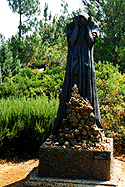 | While most individuals are aware of the Holocaust (although they often do not realize the extent of the brutality and actual cost in terms of human life), many are not aware of other past genocides/democides or of current genocides/democides. For example, many individuals remain unaware of the Armenian genocide in Turkey, the killing fields of Cambodia, the disappearances in Argentina & Chile, the death squad killings in El Salvador, or Stalin's purges. Many are unaware of recent events that have resulted in genocides in Bosnia and Rwanda/Burundi or the extreme violations of human rights and genocidal policies by the governments of China (including Tibet), Myanmar (Burma), and Indonesia (including the genocide of the East Timorese). This site contains course information, recommended readings, links, aging as a human rights page, and a chronology of the Holocaust. Click here for more information: Holocaust, Genocide, and Human Rights
|
2019 APA Poster Presentation: Foundational science concepts: Human rights, social justice, and diversity, Linda M. Woolf & Michael R. Hulsizer
Woolf, L. M. (2019, August 4). Mass shooting: Shifting blame and shifting focus Psychology Today. Retrieved from https://www.psychologytoday.com/us/blog/the-fight-against-hate/201908/mass-shooting-shifting-blame-and-shifting-focus
Woolf, L. M. (2018, March 4). Arming teachers: Good or bad idea? Psychology Today. Retrieved from https://www.psychologytoday.com/us/blog/the-fight-against-hate/201803/arming-teachers-good-or-bad-idea
Woolf, L. M. (2018, February, 15). Mass shootings: What role do guns play? Psychology Today. Retrived from https://www.psychologytoday.com/blog/the-fight-against-hate/201802/mass-shootings-what-role-do-guns-play
Woolf, L. M. (2017, August 21). Mom? Dad? Can I have lunch with a Nazi? Psychology Today. Retrieved from https://www.psychologytoday.com/blog/the-fight-against-hate/201708/mom-dad-can-i-have-lunch-nazi
Woolf, L. M. (2017, August 13). Responding to Hate: Should We Just "Love One Another"? Psychology Today. Retrieved from https://www.psychologytoday.com/blog/the-fight-against-hate/201708/responding-hate-should-we-just-love-one-another
Woolf, L. M. (2016). Teaching psychology: Infusing human rights. Psychology Teacher Network, 26(1).
Woolf, L. M. (2015, August 4). APA, torture, and context. Psychology Today.
Woolf, L. M. (2015, August 4). End psychology's role in national security interrogations. Psychology Today.
Woolf, L. M. (2015, July 13). Torture, APA, and the Hoffman Report: What now?. Psychology Today.
Woolf, L. M. (2014). Teaching human rights: Teaching LGBTQI rights. International Psychology Bulletin,18 (2-3), 39-43.
Woolf, L. M. & Hulsizer, M. R. (2011). Peace and war. In R. L. Miller, E. Balcetis, S. R. Burns, D. B. Daniel, B. K. Saville, & W. D. Woody (Eds.), Promoting student engagement (Vol. 2, pp. 225-229).
Woolf, L. M. (2008). The Holocaust: Lessons not learned. Peace Psychology, 17(2), 1, 16-20.
APS Observer interview (September 2007): Champions of Psychology: Linda Woolf
Woolf, L. M. (2007, Sept. 1). A sad day from psychologists: A sadder day for human rights. OpEdNews.com/CounterPunch. Retrieved from http://www.opednews.com/maxwrite/print_friendly.php?p=opedne_linda_m__070901_a_sad_day_for_psycho.htm
Woolf, L. M. (2006). Petrified Wood and Peace. Peace Psychology, 15(2), 3-4.
Woolf, L. M. (2006). Marketing peace? Peace Psychology, 15(1), 3-4.
Woolf, L. M. (2005). Swimming against the tide: Journey of a peace psychology professor. In T. A. Benson, C. Burke, A. Amdstadter, R. Siney, V. Hevern, B. Beins, & B. Buskist (Eds.). The Teaching of Psychology in Autobiography: Perspectives from Exemplary Psychology Teachers (pp. 361-367). Society or the Teaching of Psychology (Div. 2, APA). URL: http://teachpsych.org/ebooks/tia2005/index.php.
Woolf, L. M. (2005). Psychologists, coercive interrogations, and torture. Peace Psychology, 14(2), 1, 28-29.
Woolf, L. M., & Hulsizer, M. R. (2005). Torture? But this is different! Peace Psychology, 14(2), 3-4.
Woolf, L. M., & Hulsizer, M. R. (2005). Psychosocial roots of genocide: risk, prevention, and intervention. Journal of Genocide Research, 7, 101-128.
Woolf, L. M., & Hulsizer, M. R. (2004). Hate groups for dummies: How to build a successful hate group. Humanity and Society, 28, 40-62.
Woolf, L. M., & Hulsizer, M. R. (2002/2003). Intra- and inter- religious hate and violence: A psychosocial model. Journal of Hate Studies, 2, 5-26.
Woolf, L. M., & Hulsizer, M. R. (2004). OTRP Curriculum Resource I: Psychology of Peace and Mass violence -- Genocide, Torture, and Human Rights: Informational Resources (2004)
This 27-page document contains two annotated bibliographies of materials on genocide, torture, and human rights issues written from a psychosocial perspective. The first bibliography includes major journal articles, book chapters, books, and Internet resources on these issues organized by topic. The second bibliography is comprised of reference materials for background information and further study. In addition, there is an annotated list of relevant journals. Available for free download (PDF format)
Woolf, L. M., & Hulsizer, M. R. (2004). OTRP Curriculum Resource II: Psychology of Peace and Mass Violence -- War, Ethnopolitical Conflict, and Terrorism: Informational Resources (2004)
This 30-page document contains an annotated bibliography of materials on war, ethnopolitical conflict, terrorism, and peace issues written from a psychosocial perspective. The bibliography includes major journal articles, book chapters, books, and Internet resources on these issues organized by topic. In addition, there is an annotated list of relevant journals. Available for free download (PDF format)
Woolf, L. M., & Hulsizer, M. R. (2004). OTRP Curriculum Resource III: Psychology of Peace and Mass Violence: Instructional Resources (2004)
This 33-page document consists of resource materials for developing whole courses and lectures on mass violence and peace. For incorporating specific topics into existing courses, lecture suggestions and selected references are given. For developing and revising whole courses, sample syllabi are provided. In addition, lists of relevant videotapes, Internet sites/listservs, and professional organizations are included. Available for free download (PDF format)
USHMM (April 6, 1999) Presentation: Survival and Resistance: The Netherlands Under Nazi Occupation
Women's Intellectual Contributions to the Study of Mind and Society: Anthropology, Psychology, Social Work, and Sociology
Women such as Christine Ladd-Franklin, Ruth Fulton Benedict, and Ida B. Wells have traditionally been omitted from the histories of their disciplines. This webpage is designed to re-place women into the history of psychology, sociology, anthropology, and social work. Students, as part of an advanced seminar, examined and wrote about the lives of these women, their intellectual contributions, and the unique impact and special problems that being female had on their careers. This webpage represents the culmination of these students' work.
Click here for more information: Women's Intellectual Contributions
NITOP Poster Handout: Psyche was not James McKeen Cattell 's nickname!
Discussions of human rights often fail to acknowledge the unique concerns of women around the globe particularly as they relate to the subordination of and injustices against women. Yet clearly, women's rights are human rights concerns. Violence against women and girls is the most pervasive violation of human rights in the world today. Discrimination against women and girls is an important basic cause of malnutrition. The very high rates of child malnutrition and low birth weight throughout much of South Asia are linked to such factors as women's poor access to education and their low levels of participation in paid employment, compared with other regions. Women comprise 70% of the world's poor. Eighty percent of the world's refugees are women and children. And as stated by Her Excellency Mary Robinson, U.N. High Commissioner for Human Rights, "Bonded labour and the traffic in women and children have become our modern day versions of slavery." More than 1 million children, mostly girls, are forced into prostitution every year. Students, as part of an advanced seminar, examined and wrote about a variety of women's international human rights concerns. This webpage represents the culmination of these students' work.
Click here for more information: Women and Global Human Rights
|
 |
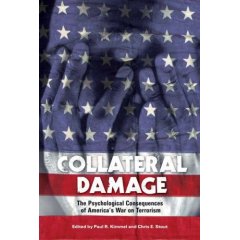 |
|
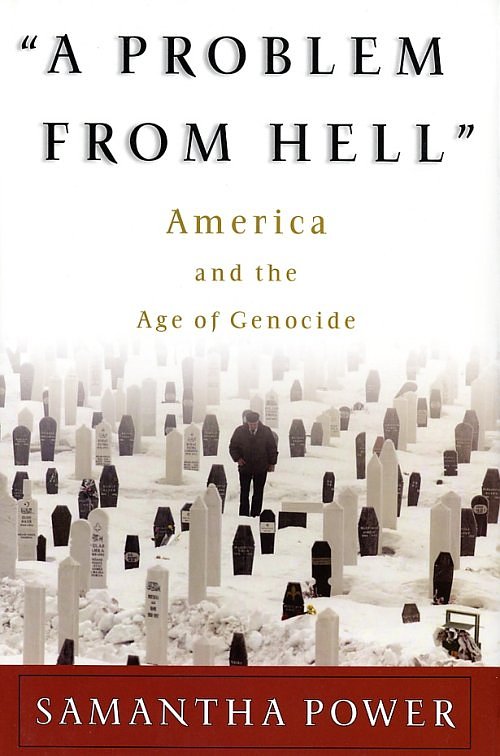 |
|
|
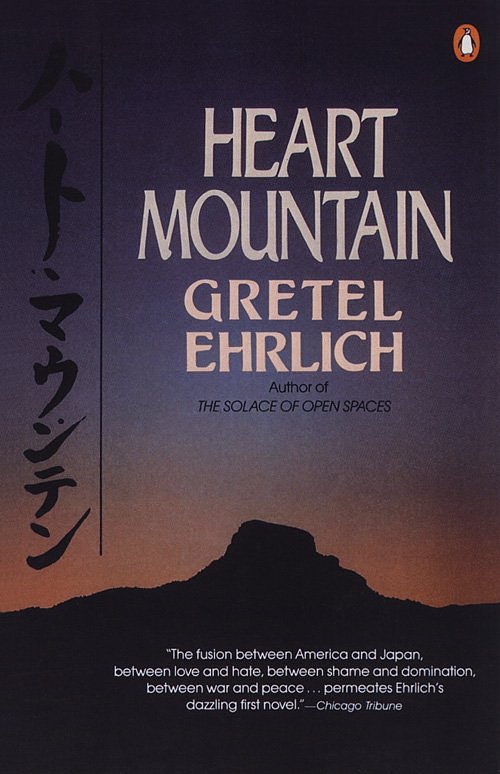 |
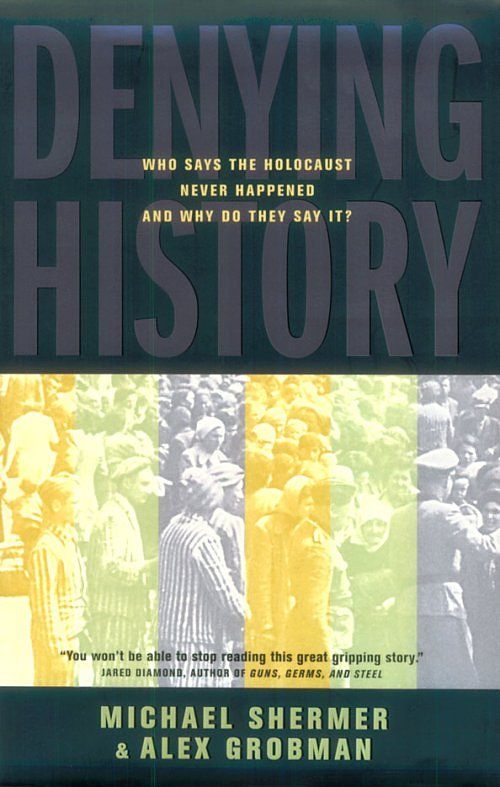 |
|
|
 |
 |
|
Previous Recommended Books
 |
 |
 |
 |
 |
 |
 |
 |
|
Links for Students
- Webster University Library
- Webster University
- American Psychological Society
- American Psychological Association
- MegaPsych Page
- Student Information from APA - includes career and graduation school information
- One stop shopping on Dr. Marky Lloyd's career page!
 |  |  |
 |
| Click here to support rescued animals, donate food to the hungry, fight breast cancer, and save Rainforest land at no cost to you! | |||
| Please feel free to e-mail with comments or questions
|

